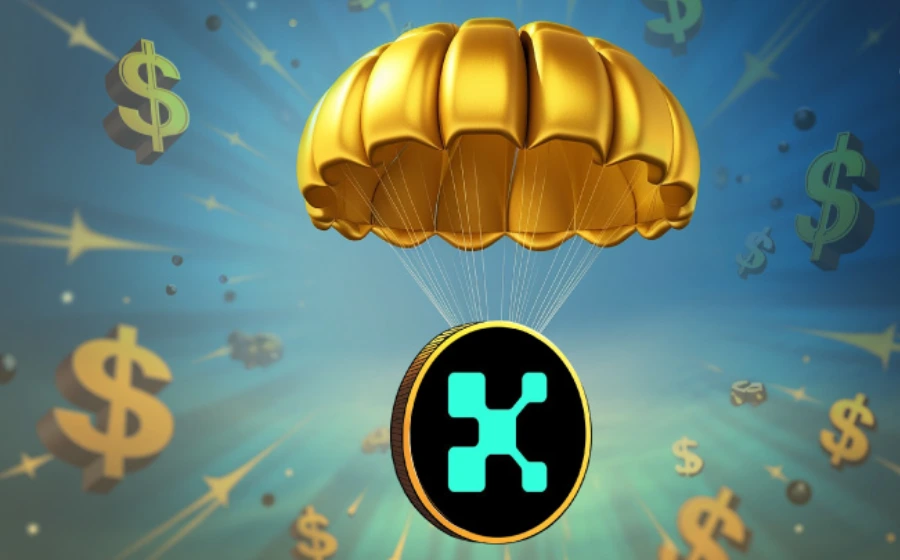
KEYTAKEAWAYS
- China and the U.S. pause select tariffs for one year, signaling a fragile trade truce rather than real policy reversal.
- CZ says he has “never sold BNB,” aiming to reinforce trust and reshape the narrative around token ownership and founder incentives.
- DeepSeek outperforms rival AI trading bots during rate-cut chaos, proving trend discipline beats noise-driven model reactions.

CONTENT

CHINA AND U.S. TO SUSPEND SOME TARIFFS AND CONTROL MEASURES FOR ONE YEAR
On October 30, a spokesperson for China’s Ministry of Commerce responded to questions regarding the joint China-U.S. economic and trade consultation held in Kuala Lumpur. The spokesperson announced that the U.S. will cancel the additional 10% so-called “fentanyl tariffs” on Chinese goods (including those from Hong Kong and Macau), while continuing to suspend the 24% reciprocal tariffs on Chinese goods for another year. In response, China will adjust its corresponding countermeasures, and both sides agreed to extend certain tariff exclusions.
In essence, this agreement installs a “pressure relief valve” in the tense China-U.S. relationship. It freezes further escalation for a one-year period but does not dismantle any core tariffs or control measures. This looks more like a temporary truce than real peace. Both sides retain all policy tools, and whether the situation moves toward easing or renewed confrontation will depend on their interactions over the next year and broader bilateral dynamics. For markets, this reduces short-term uncertainty, but structural tensions remain deeply rooted.
CZ: “I HAVE NEVER SOLD BNB”
On October 30, Binance founder CZ stated that he has “never sold BNB,” except when using it for expenses. He also clarified that his BNB holdings were not allocated to him but purchased with his own money during the early stages.
From an industry perspective, CZ’s statement — along with YZi Labs’ report that his personal holdings account for less than 1% of the total supply — highlights a crucial issue around token distribution and founder narratives. This goes beyond a clarification of personal wealth; it touches on core topics such as project governance, tokenomics design, and market confidence.
AI TRADING CONTEST: MARKET VOLATILITY AMID RATE CUT EXPECTATIONS
On October 30, according to on-chain AI analytics tool CoinBob (@CoinbobAI_bot), the market experienced significant volatility following news of a “25 basis point Fed rate cut” and Powell’s remarks about uncertainty regarding further cuts in December.
Among AI models, only DeepSeek maintained long positions throughout and avoided any losses, while others were stopped out during the pullback. Some models, such as Qwen3 and Claude, re-entered after rebounds but suffered losses of varying degrees. DeepSeek’s return remains above 80%, while Qwen3’s dropped from 58% to 41% after taking a $730 loss on its BTC long position.
DeepSeek’s strong performance reflects its consistency and discipline. Its steady long positioning suggests that the model emphasizes macro-trend judgment over short-term technical signals. In volatile markets, minimizing unnecessary trades helps reduce friction costs and misjudgment risks. In contrast, other models’ losses — driven by chasing highs and cutting lows — indicate an overfitting to market noise and a lack of sustained macro understanding.















